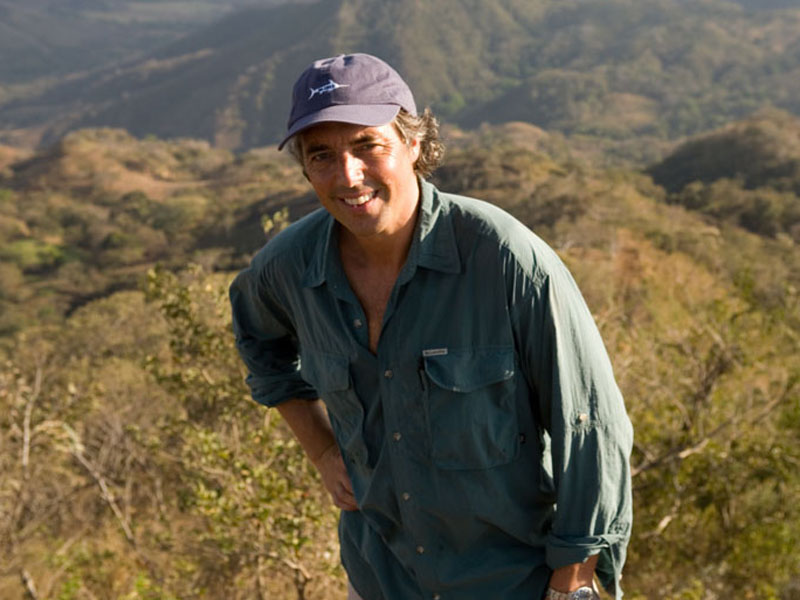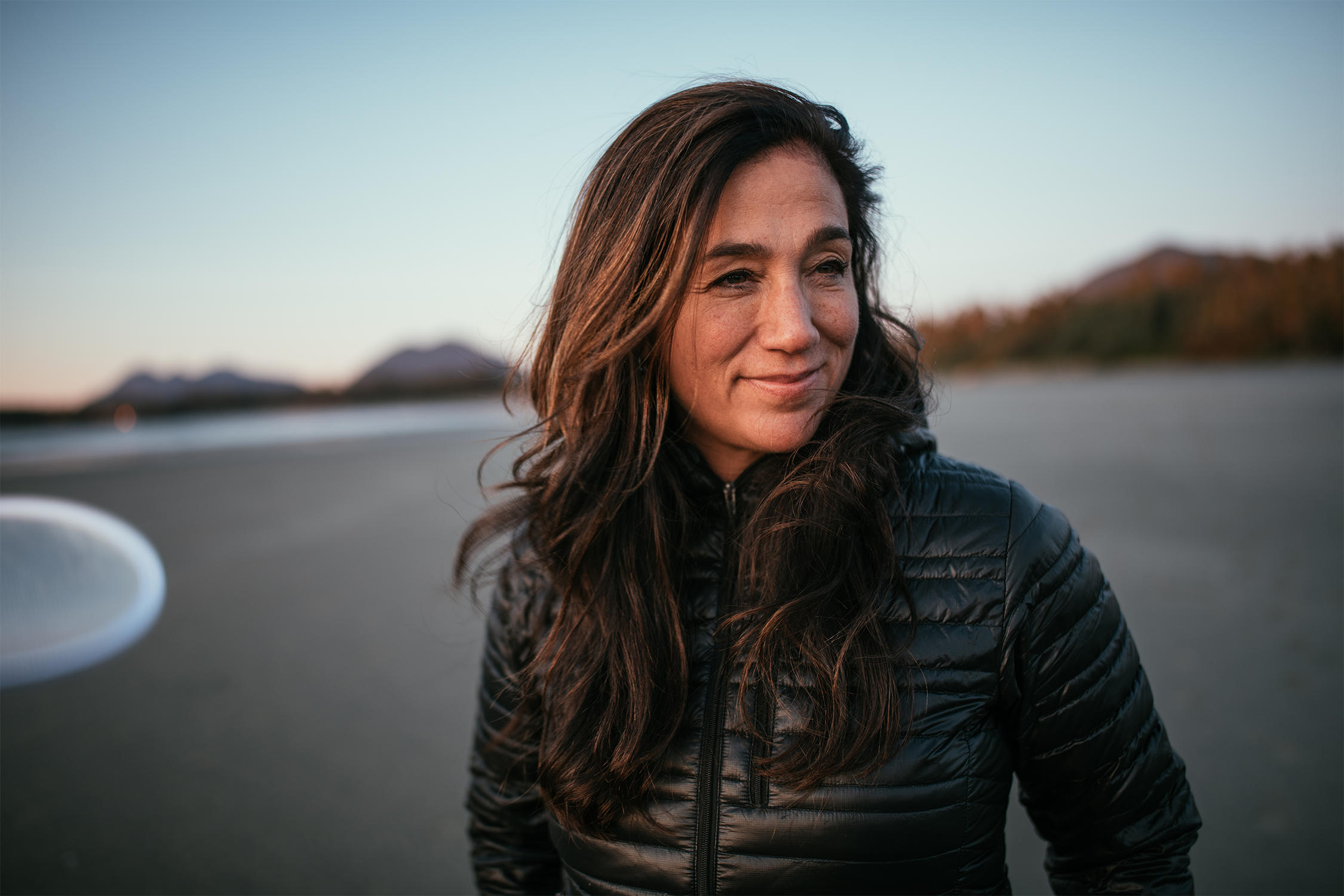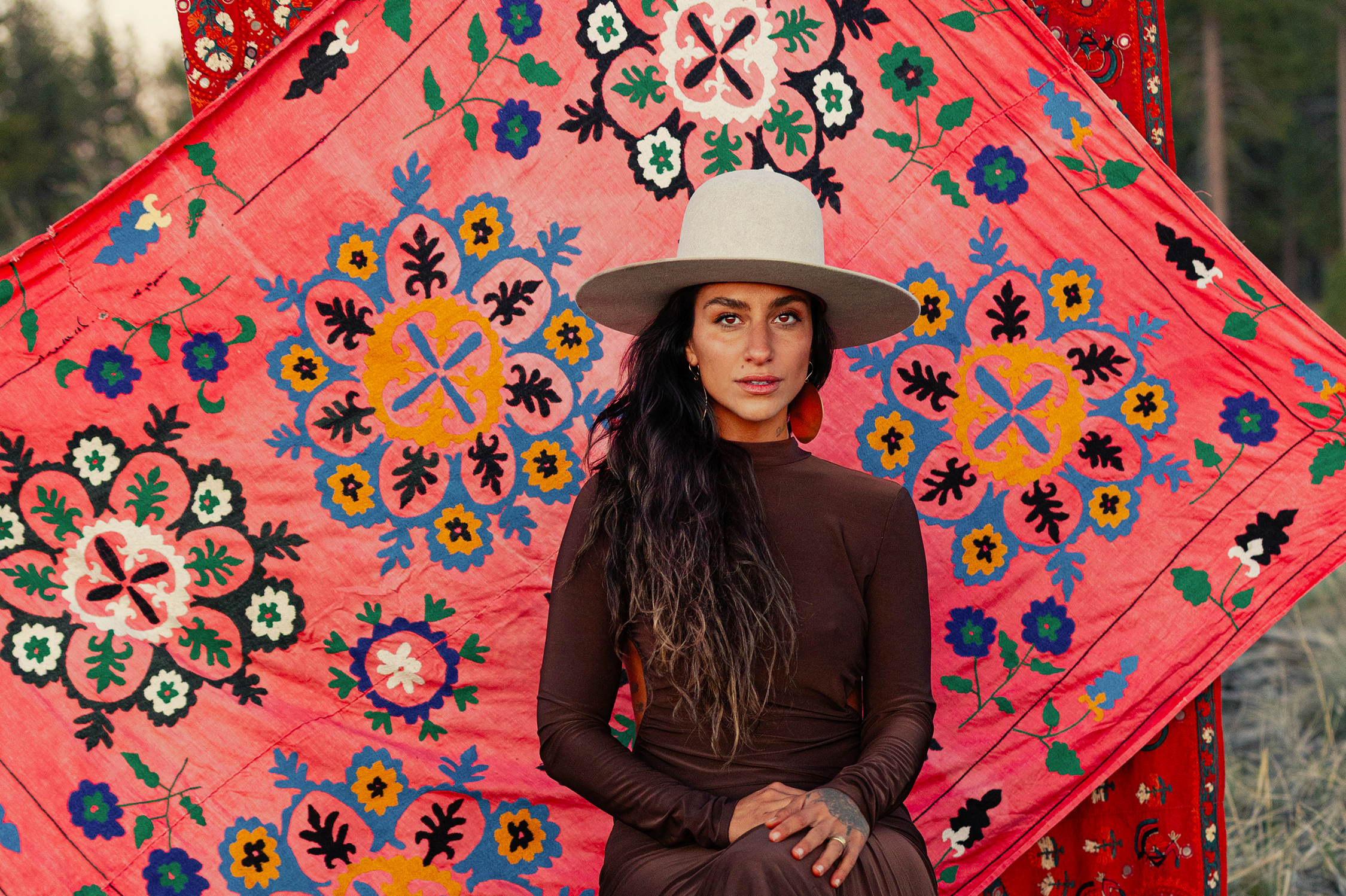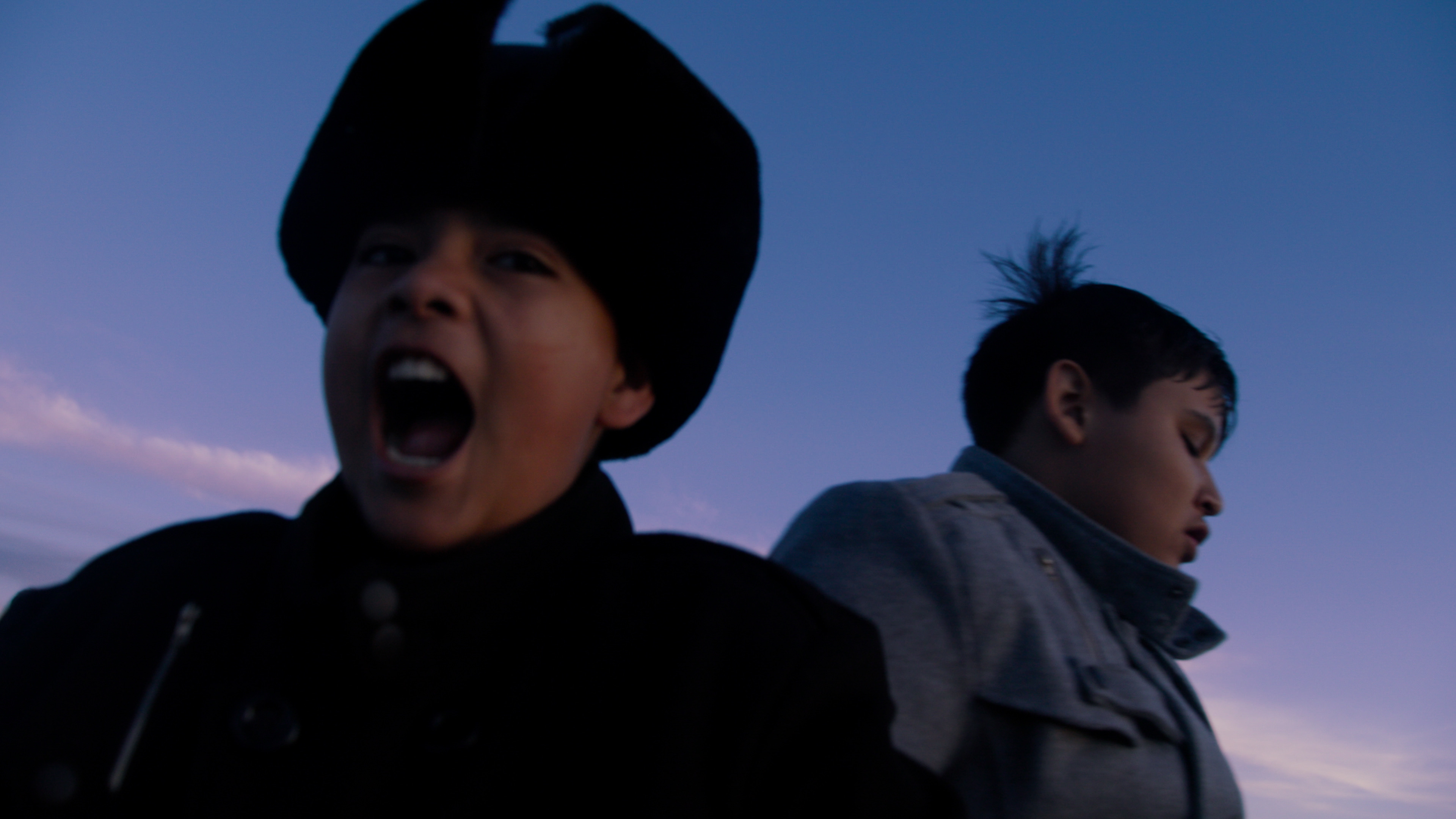
An Interview with Author Dan Buettner: What Makes People Happy?
The environment, social issues and adventure are three of the big themes at Mountainfilm in Telluride, and like many of this year’s guests at the festival, best-selling author Dan Buettner encompasses all three seamlessly into his work.
Buettner wanted to understand why certain people in particular areas of the world lived longer, healthier and happier lives, so he traveled across the planet to get answers. The result is The Blue Zones: Lessons for Living Longer from the People Who’ve Lived the Longest, which examines how people live and how lifestyle affects lifespan. The book focuses on four areas — Okinawa, Japan; Nicoya Peninsula in Costa Rica; Sardinia, Italy; and Loma Linda, California — and demonstrates that everyday factors were involved, such as food, friends and perspective.
This first book led to an international profile for Buettner that resulted in repeat appearances on “The Oprah Winfrey Show” and other television outlets. He is also a National Geographic Explorer and holds three Guinness World Records for long distance cycling.He will speak at the Moving Mountains Symposium 2012.
This conversation with Buettner — done in conjunction with Timberland, a Mountainfilm in Telluride sponsor — offers a glimpse into a weekend of good things to come at this year’s festival:
Q: You’ve found that quality of life, as opposed to money and status, is key to happiness. If you could easily change a few things across this nation to improve the overall happiness of Americans, what would they be?
A: If you statistically analyze worldwide surveys given in more that 150 countries, you see that 90 percent of happiness is explained by five factors:
1) material sufficiency (for most all people; no one needs more than about $75,000 per year)
2) daily time with friends and family
3) trust
4) good health
5) freedom: to pursue life course and values
So if our politicians focused policies on accomplishing these things, instead of the blunt instrument that is GDP, Americans would very likely be more happy.Q: In your research, did you find that getting into the outdoors affects longevity or happiness? If so, how and why?
A: Access to nature is clearly associated with higher levels of happiness, lower BMI and even better eyesight. As a species, we spent 99 percent of our existence outdoors. That gives us an evolutionary clue for what we ought to be doing.
Q: Did you find that people across cultures experience the outdoors differently, or that there were similarities in the role it has on their lives?
A: I think people in poor countries spend more time outdoors because their houses aren't as nice.
Q: You’ve been an avid bicyclist and hold three world records for endurance bicycling, yet you’re a huge proponent of walking for its long-term benefits. Are you saying that we don’t need to climb Mt. Everest to experience the benefits of getting outdoors?
A: My cycling expeditions were sort of a horizontal Everests so to bad mouth my vertical brethren would be hypocritical. I can tell you with near certainty that regular, low-intensity physical activity is much better for you than beating your body while engaging in ultra-endurance activities. Again, we can take a cue from evolutionary biology: For most of human history, life expectancy for our species was about 30. Because we've eliminated most infectious disease — and mitigated chronic disease — and pushed live expectancy to near 80, doesn't mean that our bodies can take 80 years of pounding or the kind of physical intensity it requires to regularly climb mountains like Everest. Joints give out, cartilage erodes, we get injured. Experience something extreme and then learn to like hiking. You'll be happier and healthier in the long run.
Q: You’ve stated that “most things sold as expeditions are stunts — bungee cords from hot-air balloons or stunt-y trips up Everest.” Many expeditions now have an environmental angle, such as studying receding glaciers to document climate change or stealth trips into the Amazon to observe isolated tribes without making contact. Are these types of endeavors different? Is there value in the environmental angle?
A: I admire anyone who follows their curiosity and bliss. The harsh reality is that we have to somehow pay for our passions. In general, when people ask me about how to go about organizing an expedition, I pose the question: "What do you have to offer someone else?" If they can authentically answer "I can educate" or "I can add to the body of science" or "I can bring real attention to an issue," I salute them. They'll also have a way to fund their passion and emerge feeling good about what they did.
Q: Given the current issues facing our environment, while we are striving to live longer lives ourselves, what do you feel are key things we need to do to lessen our environmental footprint so that our surroundings become healthier to sustain us through these longer lives?
A: Tax the hell out of gasoline. We'll drive less, produce less carbon, reduce dependence on hostile oil-producing countries, walk more, bike more, get outside more and nearly eliminate the obesity epidemic. One only need to look to healthy, happy Denmark for an example. Gas there is about $10 a gallon.


